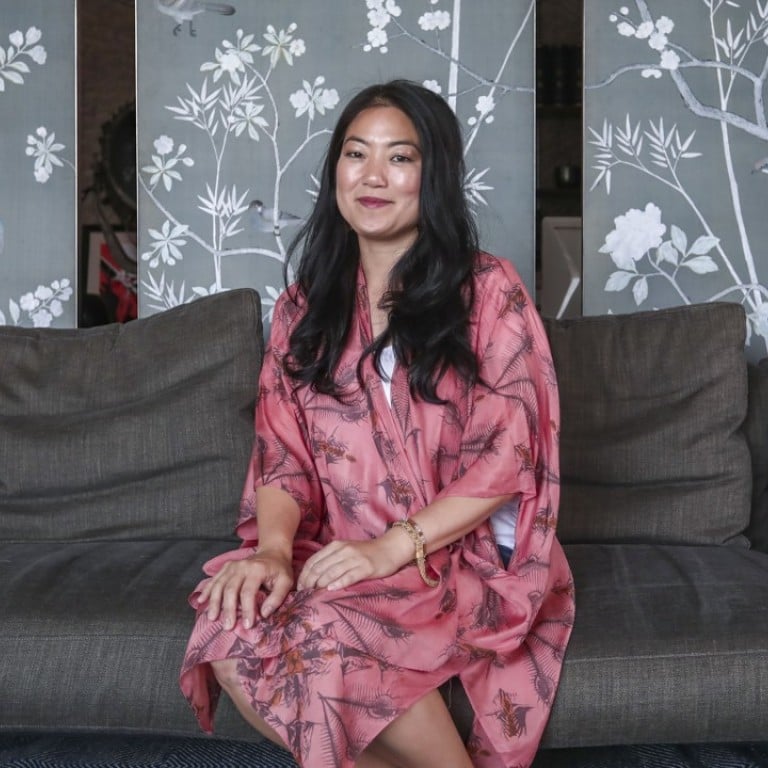
How Thanksgiving helps Asian-Americans celebrate their culture and identity
- The looseness to Thanksgiving makes it a great platform for Asian-Americans to celebrate and inject their own, sometimes complicated, identities
- Kimchi stuffing, pumpkin sticky rice – there are no wrong dishes
Mina Park has a lot on her plate. As the chef and owner of Sook in Hong Kong, and co-owner of the recently closed but pioneering Baroo in Los Angeles, Park is at the cutting edge of modern global Korean dining. But this time of year her mind drifts from her work in food to her family table and preparations for her favourite holiday of the year, Thanksgiving.
Thanksgiving can be a complicated time for immigrants and their children in the United States. The holiday’s very Americanness can be alienating. Most people anywhere in the world have at least some conception of what is expected for more global holidays, such as Christmas, but Thanksgiving remains a strange bird.
Even many multi-generational Americans find the holiday confounding: why does the nation pretend to like turkey one day of the year? What precisely is a pilgrim? And what do they have to do with pie?
For more recent immigrants, the holiday can serve to highlight their otherness, the seemingly insurmountable distance they still have to travel for true assimilation.
Three alternative recipes for Thanksgiving if turkey’s not your thing
“I’m Korean-American, and during my childhood, my family moved often all over North America,” says Park. “My parents moved to the US from Korea right before I was born, so they weren’t familiar with American traditions like Thanksgiving. I distinctly recall being in primary school and being slightly mortified that we didn’t celebrate this thing called Thanksgiving.”
On the other hand, Thanksgiving is something of a great equaliser. If there is a central message – other than being “thankful” – it is that everyone in the US, with the exception of actual native Americans, are immigrants.
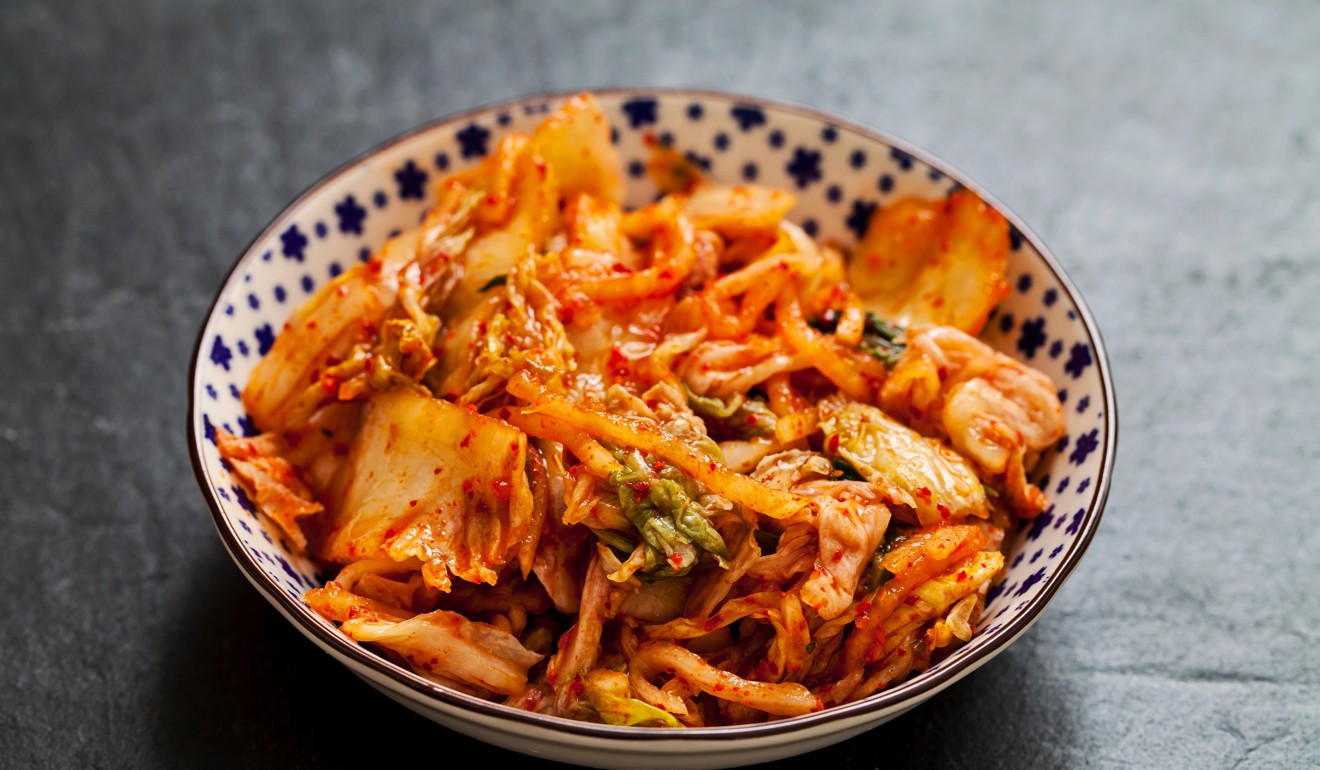
For Park, what started as a source of mortification and confusion quickly became a sincere cause for celebration.
“I told my mom all about how Americans celebrated, and after that we started to have Thanksgiving dinner at home. It quickly became my family’s major holiday celebration and we always had a table covered with a roast turkey, stuffing and all the fixings,” Park recalls. “And because we are Korean, kimchi.”
Thanksgiving is, like the sentiment it claims to celebrate, a very welcoming holiday. In the Park family’s case that meant inviting other members of their community, such as Korean international students or colleagues of Park’s father’s who were alone on Thanksgiving.
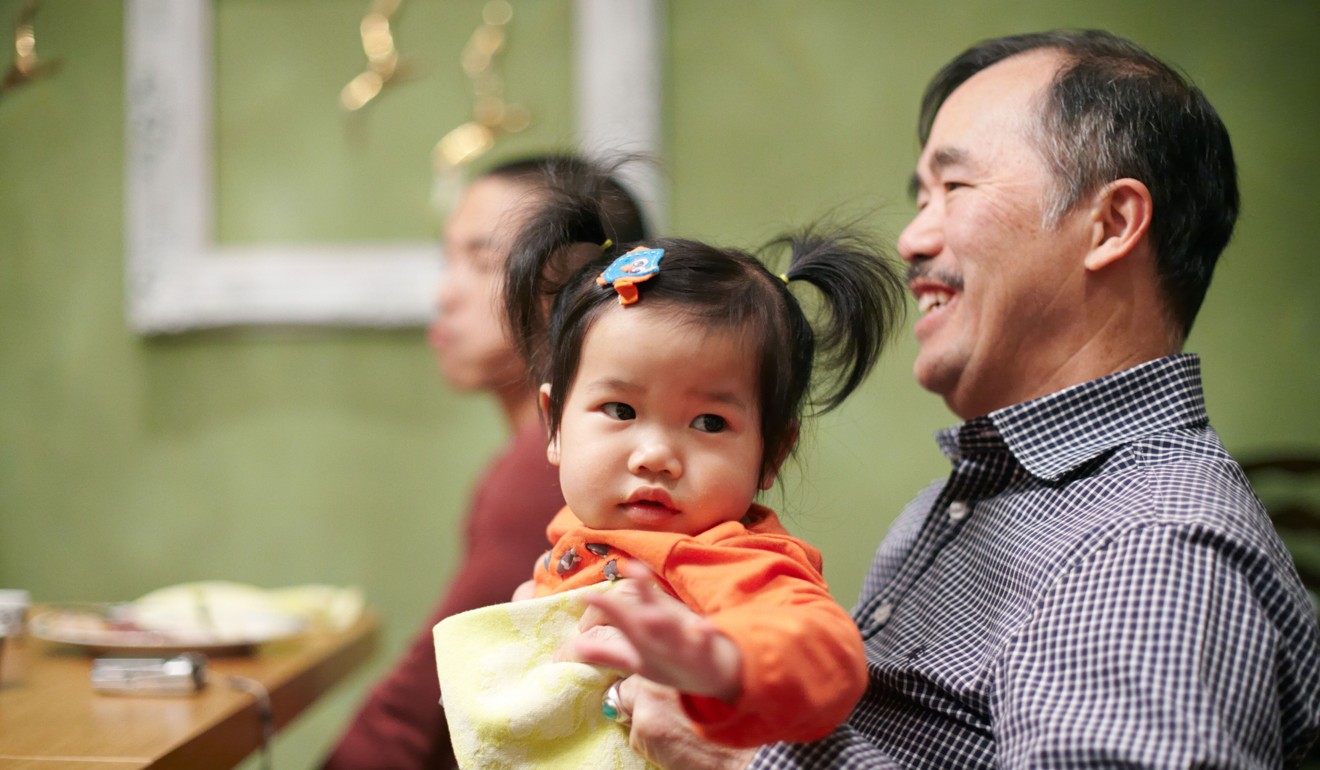
The US holiday has mercifully few conditions. There’s no religious requirement; no ritual more involved than napping and maybe watching football. Not that it is without its own dearly held mythologies.
“When I was growing up, I was taught that Thanksgiving was a time when the native Americans and English colonists set aside their differences for one beautiful, shared seasonal meal,” Park says. “So, as a child, I imagined this as a time to share your culture and bridge cultural gaps. I was usually the only Asian in my schools so this was quite attractive to me.
“Of course, I eventually learned the truth about Thanksgiving,” she adds, referencing the diseases and historic genocide that the meetings between native Americans and Europeans ushered in, the wholesale slaughter, cultural decimation, and land theft that would follow.
When I was still in Hong Kong, I realised that many of my neighbours and friends had never celebrated Thanksgiving. I felt sad for them for being deprived of my favourite holiday
Like many modern Americans, especially immigrants, the hard truths about Thanksgiving require some serious reconceptualisation. “I decided Thanksgiving could still be an opportunity to take a moment to be grateful for my friends and family,” says Park. “Cooking for them is my way of showing my gratitude and love.”
There is a particularly American looseness to Thanksgiving that makes it appealing to people from all backgrounds. Even the traditional menu is ripe for experimentation: as long as you hit the classics of Turkey, stuffing, cranberry and pie, you’re free to go nuts. Kimchi stuffing, turkey mole enchiladas, pumpkin sticky rice – there are no wrong answers.
Park, who only recently moved to Los Angeles from Hong Kong, found herself in the position of a kind of Thanksgiving missionary when she lived in Asia. She did not want to stop celebrating just because she wasn’t in America and was eager to spread the gospel of the season.
“When I was still in Hong Kong, I realised that many of my neighbours and friends had never celebrated Thanksgiving. I felt sad for them for being deprived of my favourite holiday,” she says.
These five films are the best Thanksgiving movies of all time
Park quickly discovered that the appeal of Thanksgiving was truly global. “I hosted a neighbourhood Thanksgiving party where I cooked all of the traditional dishes. Many of my friends brought over dishes as well, and of course wine.
The party became a tradition, especially for my neighbourhood in Hong Kong, and then grew beyond just my neighbours. Two years ago, I think I had about 200 friends celebrate at my place. Last year, I kept it more intimate and strictly to neighbours, so we were only about 80. To me, that seemed small.”
Fundamentally, Thanksgiving celebrates one of humanity’s true unifying tenants: a love of eating good food. This is a value that Asian-Americans justly regard as a birthright, and is perhaps part of the reason why Thanksgiving has developed into such a platform for celebrating Asian-American culture and identity in all its complicated hues.
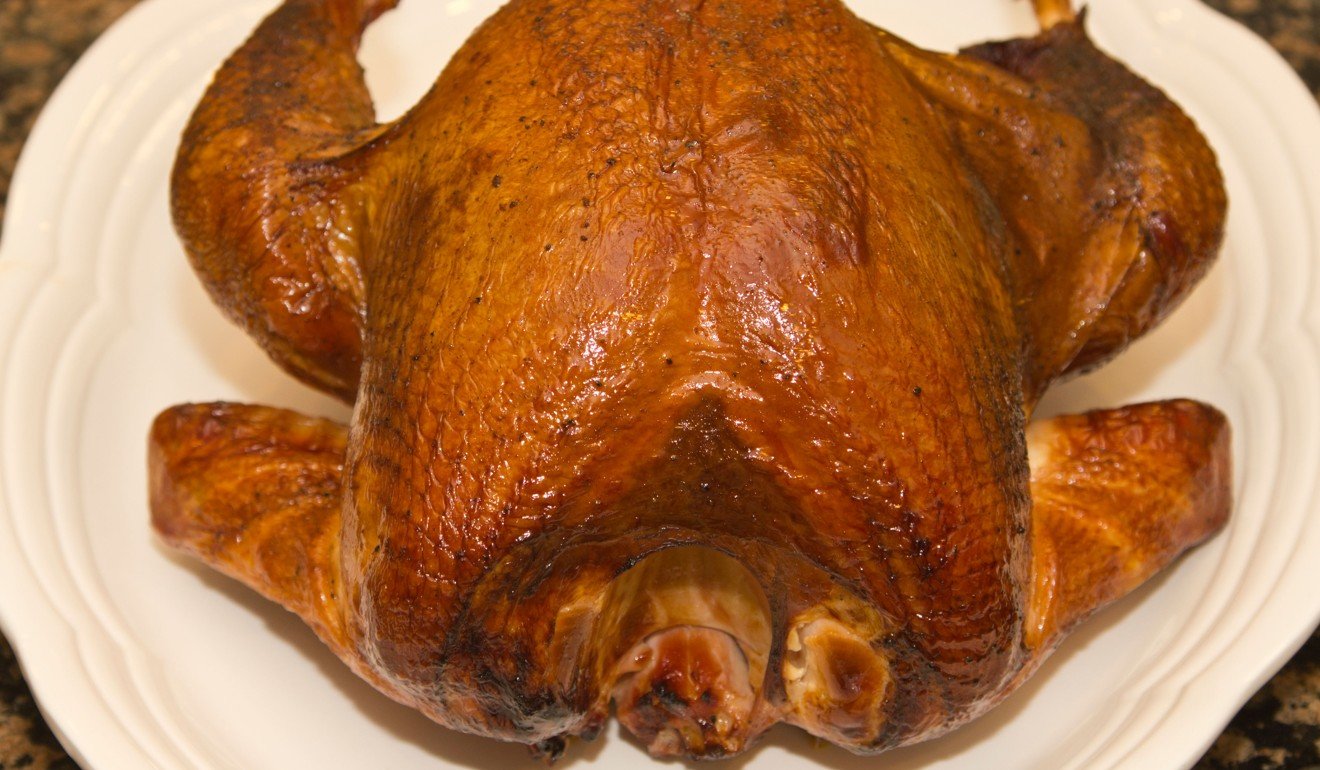
This year, celebrity chef David Chang dedicated an episode of his critically acclaimed TV food series, Ugly Delicious, to preparing a kind of gourmet fusion Thanksgiving dinner for his family at his mother’s house. Meanwhile, the Los Angeles Times food section ran a personal essay by chef Yang Soon of critics’ darling Lukshon, titled “I gave up on turkey at Thanksgiving and built an American melting-pot meal instead.”
[Next year] I’ll make my Thanksgiving standby – white truffle macaroni and cheese, and probably pumpkin pie. And of course, I’ll bring kimchi
Over the last few years, cherished Asian-American traditions such as next-day turkey dumplings and leftover turkey congee have proliferated on food blogs and in hipster kitchens all over the country.
A note about Thanksgiving leftovers for non-American readers: Thanksgiving is in a way like a mirror image of Christmas. While for many people the proper Christmas celebrations take place the night before on Christmas Eve, what many Americans think of most fondly when they think of Thanksgiving is the day after, when amateur chefs are given a fridge full of leftovers and free reign to indulge their imaginations to create and gorge.
For food folk, it is a day for culinary envelope-pushing that sees everything from turkey and gravy croquets, stuffing waffles, and cranberry granita, interspersed with lots of leftover wine, and what are, without doubt, the best sandwiches of the year.
Of course, there are many Americans, many of them recent immigrants, who aren’t able to celebrate Thanksgiving at all. Especially for people working in the food and hospitality industries, that third Thursday of November is first and foremost a work day.
For Wilson Tang, the restaurateur and owner of Nom Wah Tea Parlor in New York City, that is certainly the case.
“My parents are first-generation immigrants. Thanksgiving was never big in our household,” he says. “Since I oversee a restaurant group, it’s a bit difficult to do anything for Thanksgiving per se, as we are working that long weekend. We do take the time to host a Thanksgiving dinner for our staff a few days prior, so that we can spend time together and be grateful for one another and the hard work put in to serve guests.”
Still, Tang says he doesn’t really mind working over the holiday. “Seeing people come in and celebrate with families is certainly something we love.”
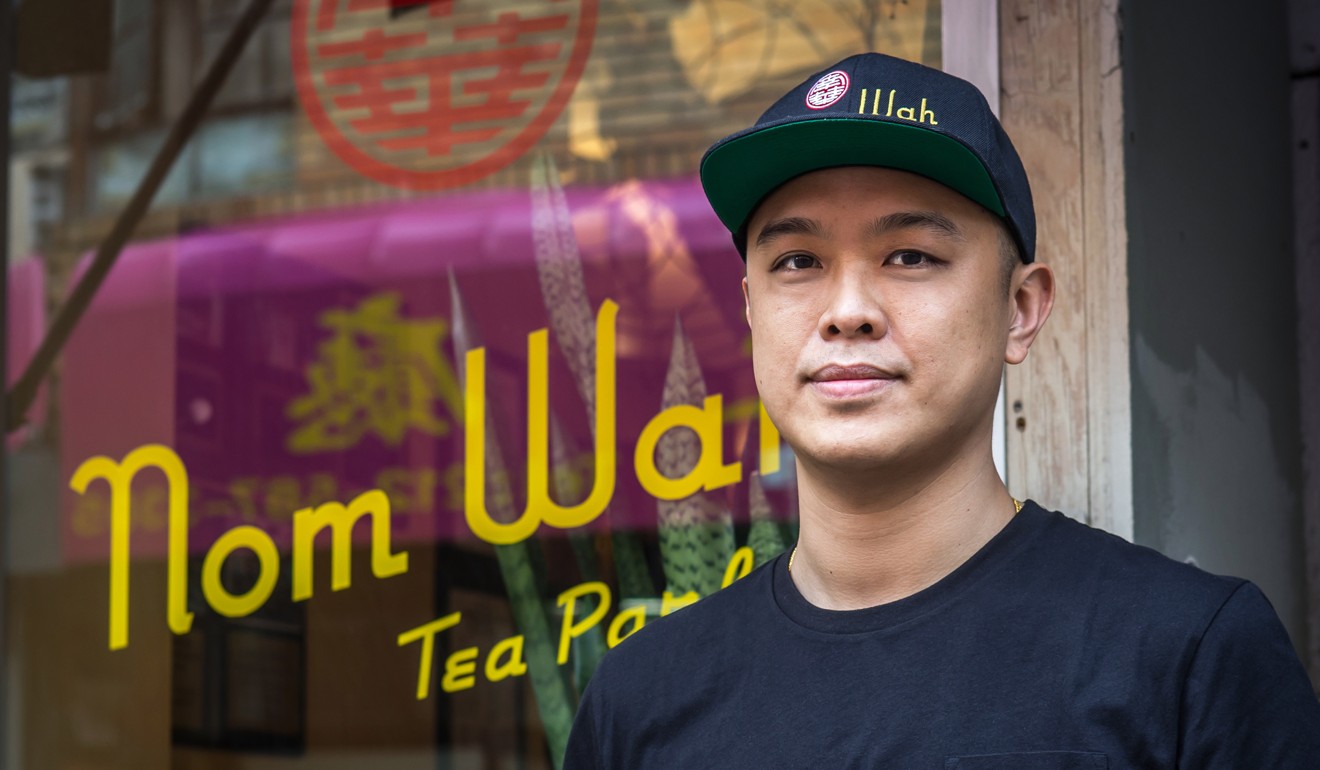
For Tang, Thanksgiving is something of a double holiday, coming as it does just before his 40th birthday this year. He says he hopes some of the holiday goodwill will carry over for people wanting to celebrate his personal milestone.
“My birthday is right after Thanksgiving, but since I’ve been working in the restaurant business the last few years, I haven’t had time to properly celebrate. This year, I’m turning 40 and finally hosting a birthday party; I’m asking friends to not give me a gift, but rather, donate to the Museum of Chinese in America,” he says.
As for Park, this year she finds herself celebrating in a new city. Ironically, given now that she is in America, her Thanksgiving plans have downsized considerably.
Eleven Thanksgiving songs, from Robert Johnson to Neil Young
“Now that I’ve moved to Los Angeles I sadly can’t host my annual Thanksgiving party in Hong Kong … By next year, I will be ready to throw a big Thanksgiving dinner again,” she says.
She already knows what she is going to bring. “I’ll make my Thanksgiving standby – white truffle macaroni and cheese, and probably pumpkin pie. And of course, I’ll bring kimchi.”

